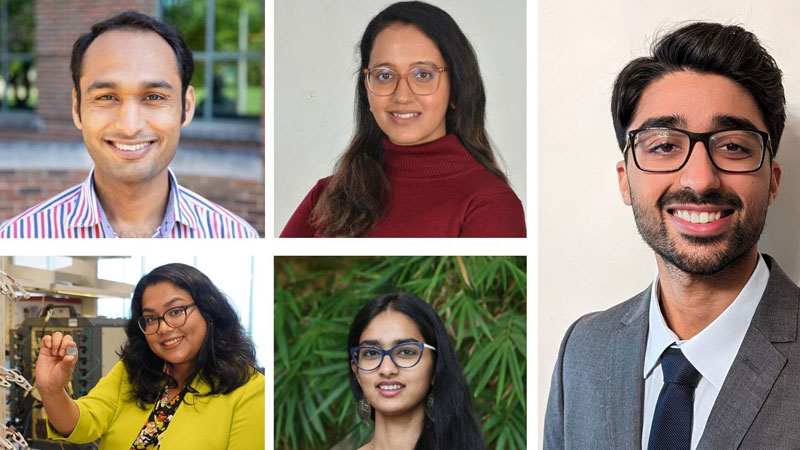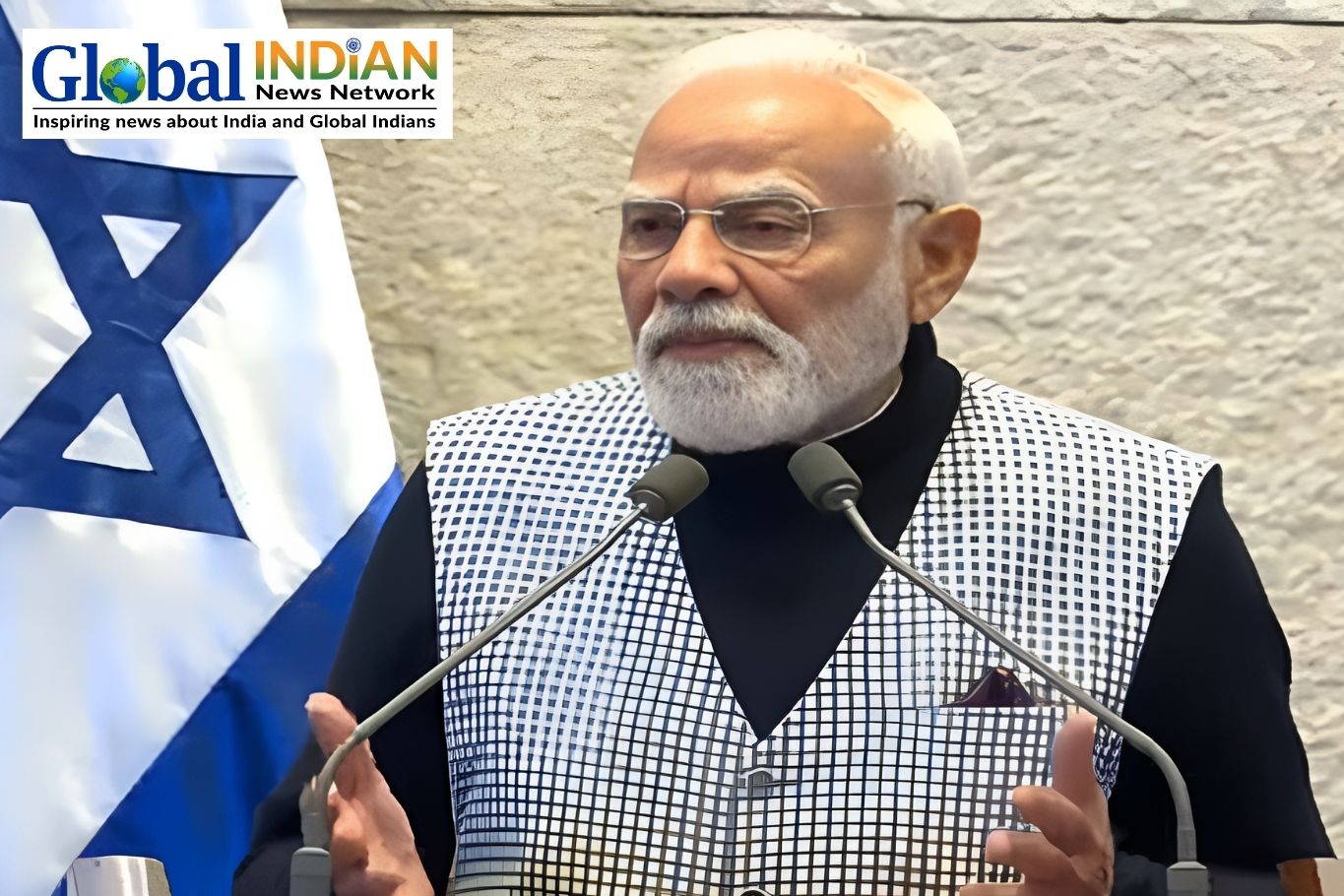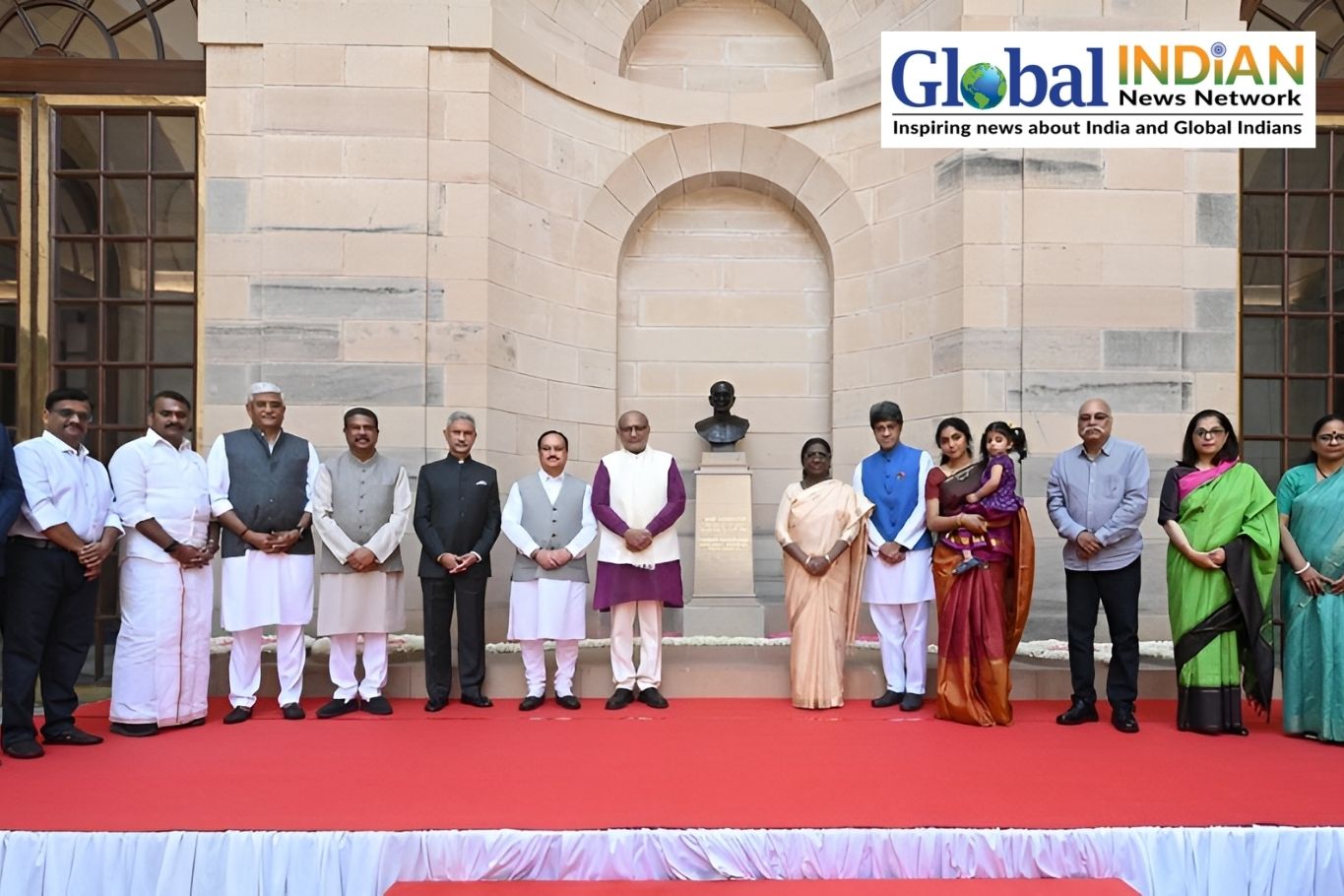 A project of Schmidt Futures and the Rhodes Trust, the Schmidt Science Fellows program seeks to build a community of scientists and advocates for multidisciplinary science. Out of 32 applicants, five early-career scientists of Indian descent were selected.
A project of Schmidt Futures and the Rhodes Trust, the Schmidt Science Fellows program seeks to build a community of scientists and advocates for multidisciplinary science. Out of 32 applicants, five early-career scientists of Indian descent were selected.
For up to two years of postdoctoral research, the fellows—Sahil Loomba of Imperial College London, Shilpa Pothapragada of Tata Institute of Fundamental Research, Krishnakant Saboo of the University of Illinois Urbana-Champaign, Susmita Sarkar of Purdue University, and Sridevi Venkatesan of the University of Toronto—will receive a stipend of US$100,000.
The Schmidt Science Fellows are assigned to world-class researchers and famous laboratories to work on a field that is different from their Ph.D. topic in an effort to promote interdisciplinary study.
An engineer from IIT-Delhi will change his focus from statistical network modeling to causal inference as part of the Loomba initiative, measuring the effects of massive public health campaigns on independently observable outcomes like vaccination uptake.
Pothapragada, a doctoral student at the Tata Institute of Fundamental Research in Hyderabad, majored in biochemistry during her undergraduate and graduate studies before switching to bioengineering and concentrating on women’s health.
Saboo, an IIT-Bombay electrical engineering graduate with a focus on communications and signal processing, will switch her attention from computer engineering to neuroscience in order to create customized models of abnormal brain activity that support epilepsy diagnosis and brain stimulation-based treatment.
To pursue her master’s degree at Missouri University of Science and Technology, Sarkar relocated from northeast India to the United States. Her focus will shift from mechanical engineering to chemical engineering as she develops wearable technology for healthcare purposes.
Venkatesan, a University of Toronto doctorate candidate, will go from neuroscience to genetics and genomics to create a precision medicine platform for uncommon hereditary brain illnesses, enhancing accessibility to diagnoses and therapies worldwide. Her study centered on understanding how neurotransmitter pathway abnormalities result in cognitive deficiencies and developing therapies to reestablish regular neuron activity.










